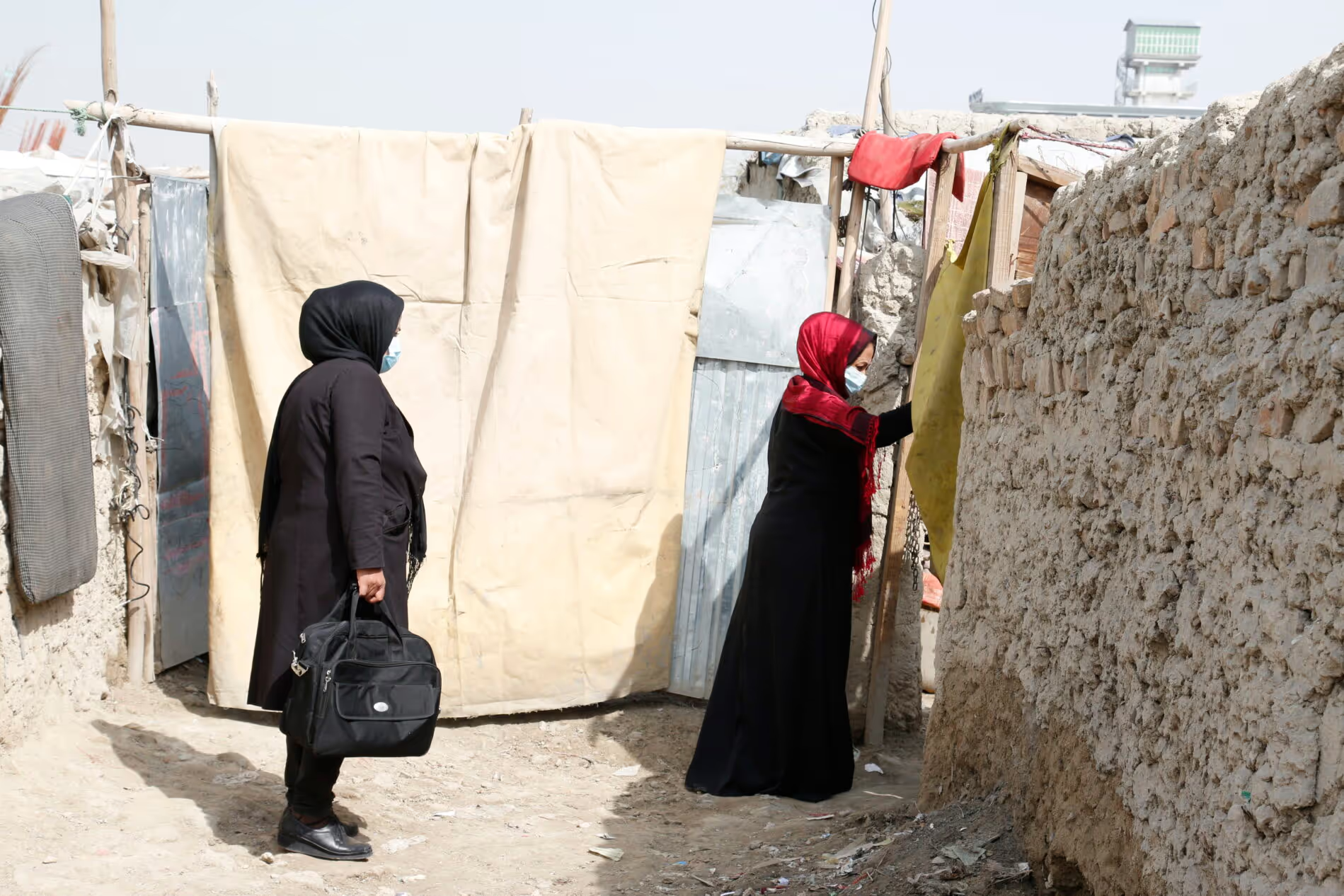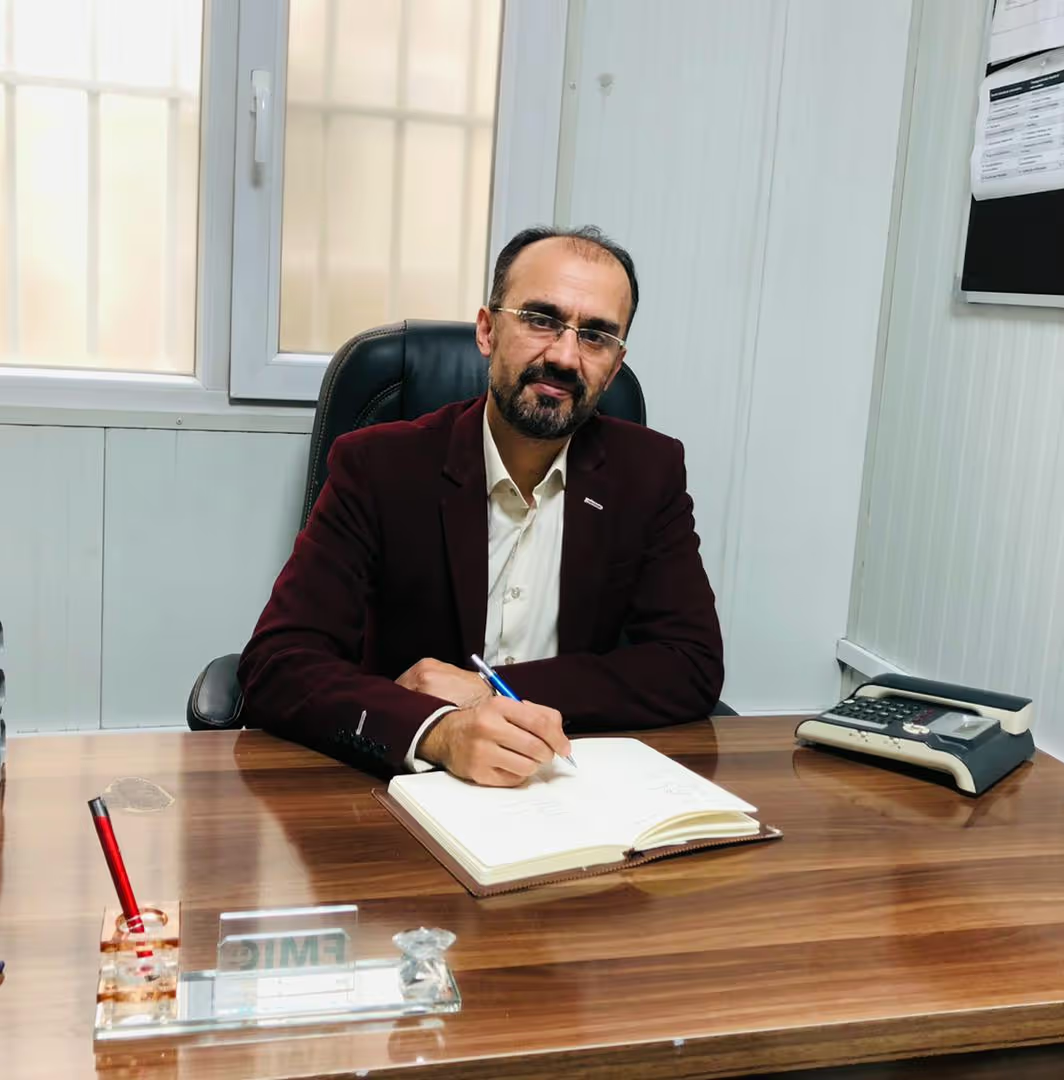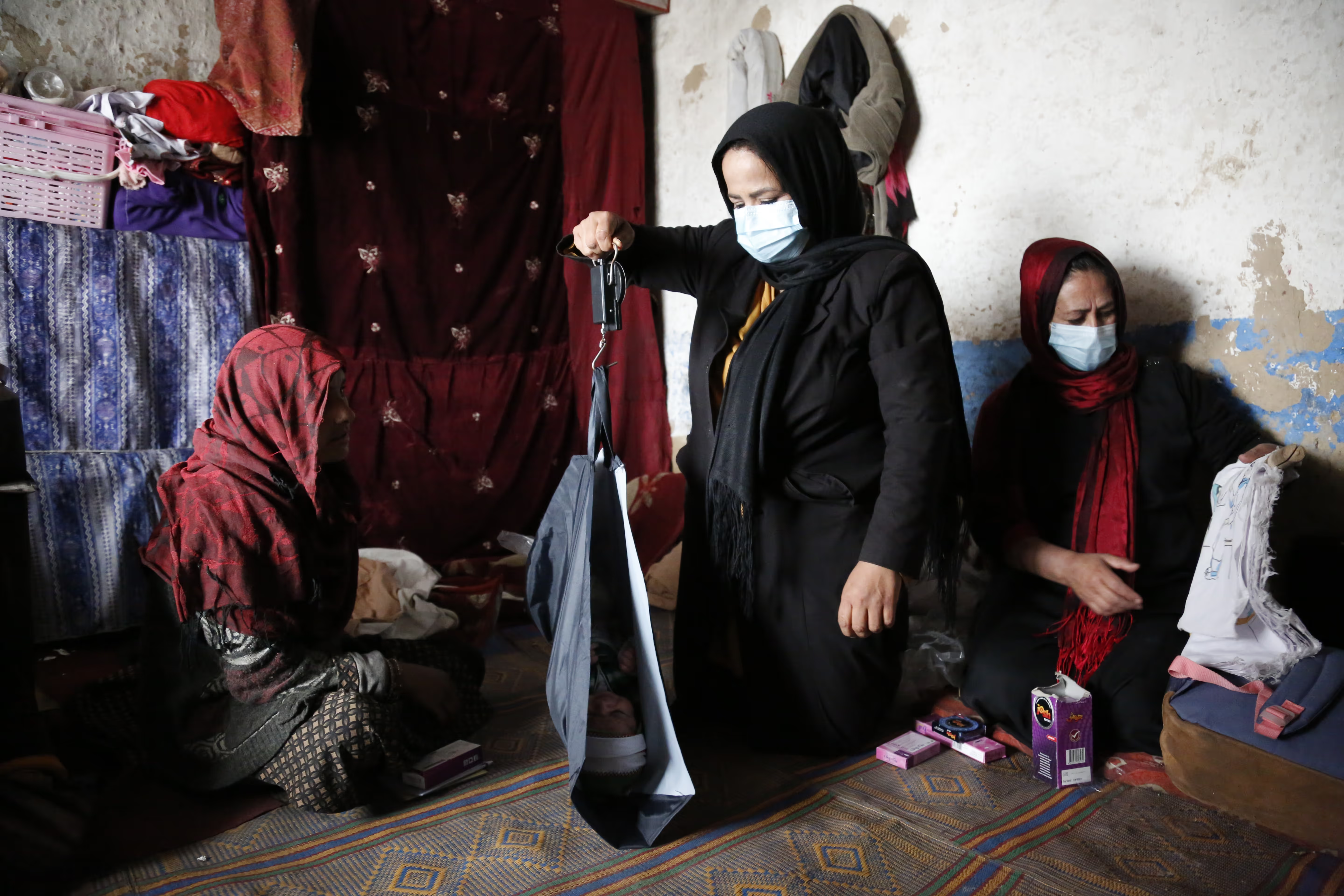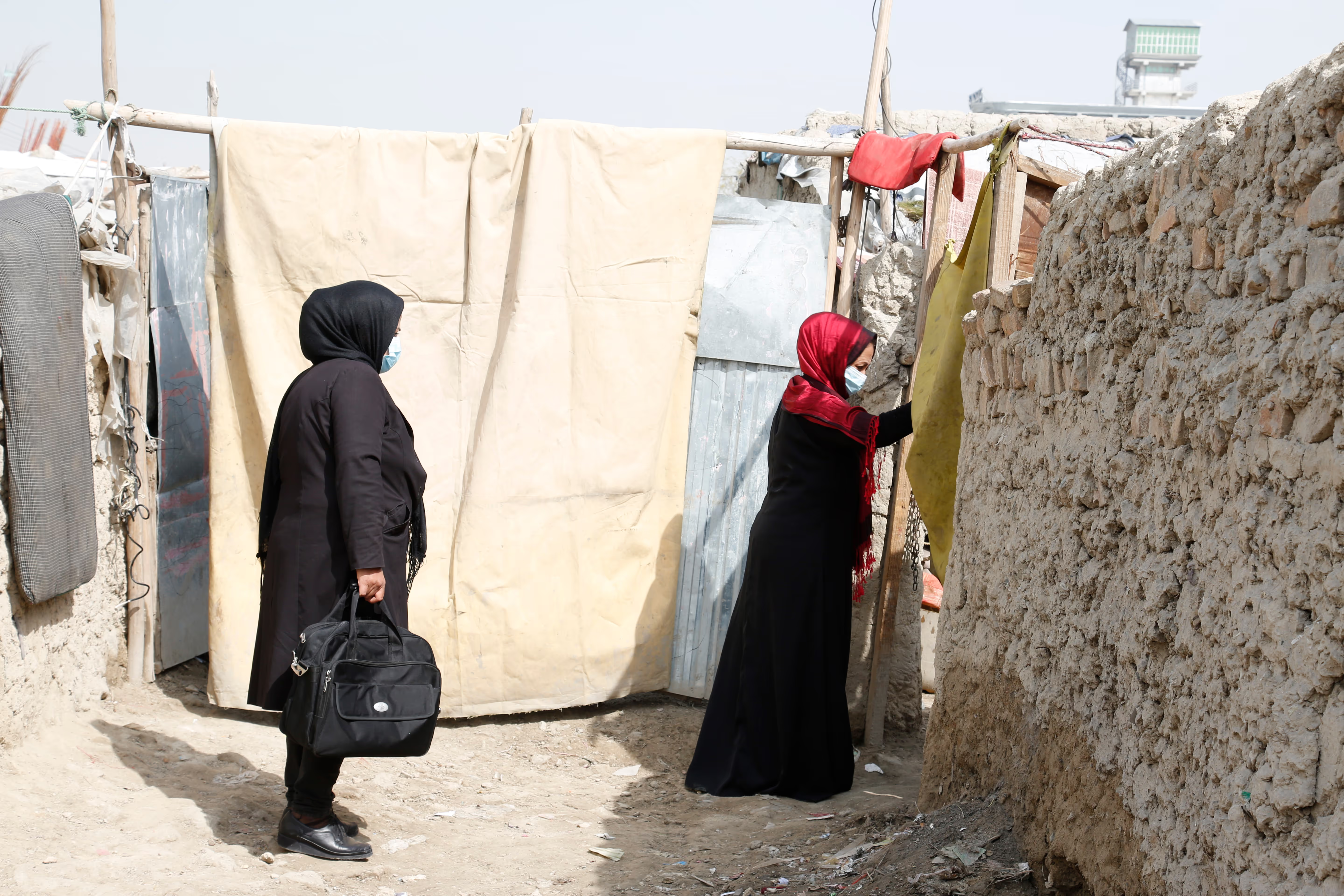Addressing data gaps on perinatal deaths in humanitarian settings using verbal and social autopsy methods: feasibility study in Afghanistan

Project overview
This study aims to assess the feasibility of implementing verbal and social autopsy methods to identify and establish causes of stillbirth and neonatal deaths, through existing community-based healthcare workers, in Afghanistan.
Countries
Afghanistan
Organisations
University of Sydney
Partners
Jhpiego Afghanistan, World Health Organisation Afghanistan
Area of funding
Humanitarian Research
Grant amount
£99,843
Start date
01
March
2022
End date
01
February
2025
Project length (in months)
35
Funding calls
Focus areas
No items found.
Topics
Sexual and Reproductive Health
Status
Live
Project solution
This project offers [specific solution or intervention] to tackle [challenge]. By implementing [strategies, tools, or innovations], the project aims to achieve [desired outcomes]. The approach is designed to [specific actions or methods] to bring about meaningful change in [community, region, or issue area].
Expected outcomes
This project aims to achieve [specific outcomes], such as [measurable results, improvements, or changes]. The expected impact includes [benefits to the target community, advancements in research or innovation, or long-term effects]. By the end of the project, we anticipate [specific changes or milestones] that will contribute to [broader goals or objectives].
Principal Investigators: Dr Sayed Murtaza Hofiani and Dr Aliki Christou
Purpose
Verbal and social autopsy are methods used to determine the biomedical and social causes of deaths that occur outside of the health system through structured interviews with family and community members.
This research will evaluate the feasibility and acceptability of implementing verbal and social autopsy through community-based healthcare workers- namely, community health workers and community-based midwives, to identify perinatal deaths (stillbirths and early neonatal deaths) and their causes among populations in Afghanistan with high levels of internally displaced people, refugees and returnees.
The study will be implemented in three locations all of which have varying health service delivery models at the community level.
The study will also explore the scope for integrating and reporting the data generated from verbal and social autopsy on perinatal deaths into existing humanitarian and routine health information systems in the country.
Expected Outcomes
This formative study will establish the most appropriate, feasible, and sustainable approach to integrate the methodology of verbal and social autopsy into the tasks of existing healthcare workers in Afghanistan.
Testing this in two urban and one rural setting with varying demographics of displaced populations, and where different health service delivery models exist, will allow us to understand how we can adapt the methodology according to available resources.
This research will contribute to providing much needed data to understand the burden of these deaths and the underlying clinical and social causes - both of which are currently non-existent. Improving the availability of such data can directly inform prevention efforts by identifying key risk groups, guiding resource allocation, and prioritising interventions to improve health service delivery and quality of care in order to prevent stillbirths and early newborn deaths.
Evidence from this study can inform improvements to perinatal death data collection in other settings with similar humanitarian crises.
No items found.
Project delivery & updates
Stay up to date with the latest developments from this project. Here, you will find details on what has been delivered, resources created, and regular updates as the project progresses. Access key documents, reports, and other materials to see how the project is making an impact.
No resources/updates have been published yet for this project. Sign up for our newsletter to stay informed about upcoming publications and updates!
Join our Newsletter
Resources
No items found.
Latest updates
No items found.


